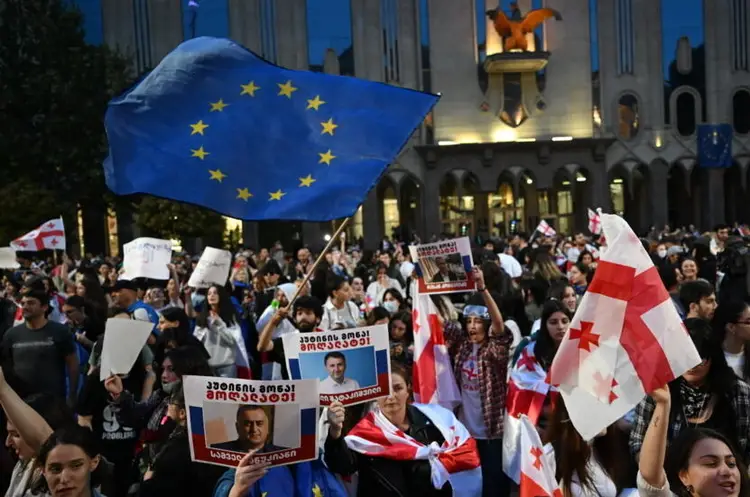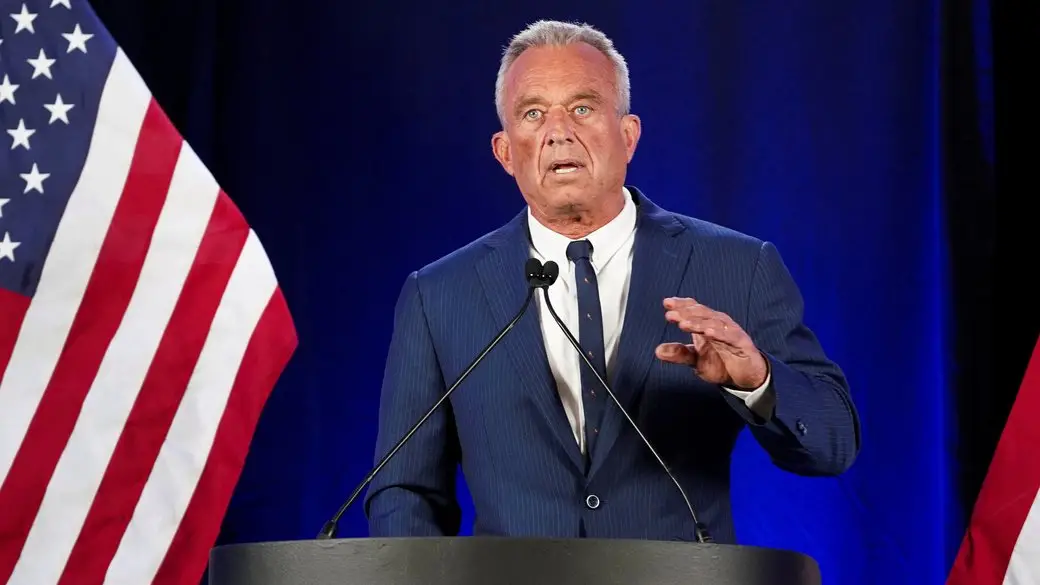Early elections in the UK: will they really be the end of the Conservative Party?
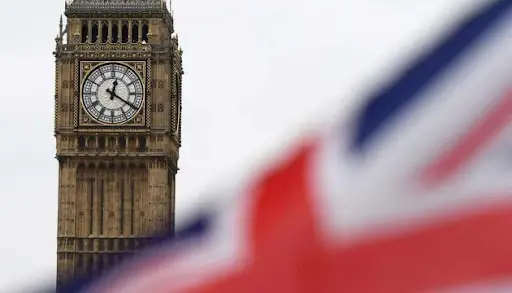
Does the Conservative Party no longer see any chance of winning?
British Prime Minister Rishi Sunak has announced early elections to the House of Commons to be held on July 4.
Speaking outside his residence at 10 Downing Street, London, the prime minister and Conservative leader called on voters to preserve economic stability by supporting the Tory party.
Most analysts, based on polling data and the results of recent local elections, predict a Labor victory after 14 years in opposition.
According to the law, elections were to be held no later than January 2025. The government had long debated the date of the elections, with most expecting them to be held in the fall. Sunak has already announced that he has asked King Charles III to dissolve the parliament and has received his consent. The parliament will be officially dissolved on May 30.
And yet, the British prime minister's statement ended several weeks, if not months of uncertainty about the parliamentary elections, and also determined the political fate of Sunak himself, which, against the backdrop of the Conservatives' electoral failures, was in jeopardy.
Why was the 4th of July chosen and not, for example, October or November? Does the Conservative Party no longer see any chance of victory after 14 years in power and simply want to make the inevitable transition to the opposition as quickly as possible?
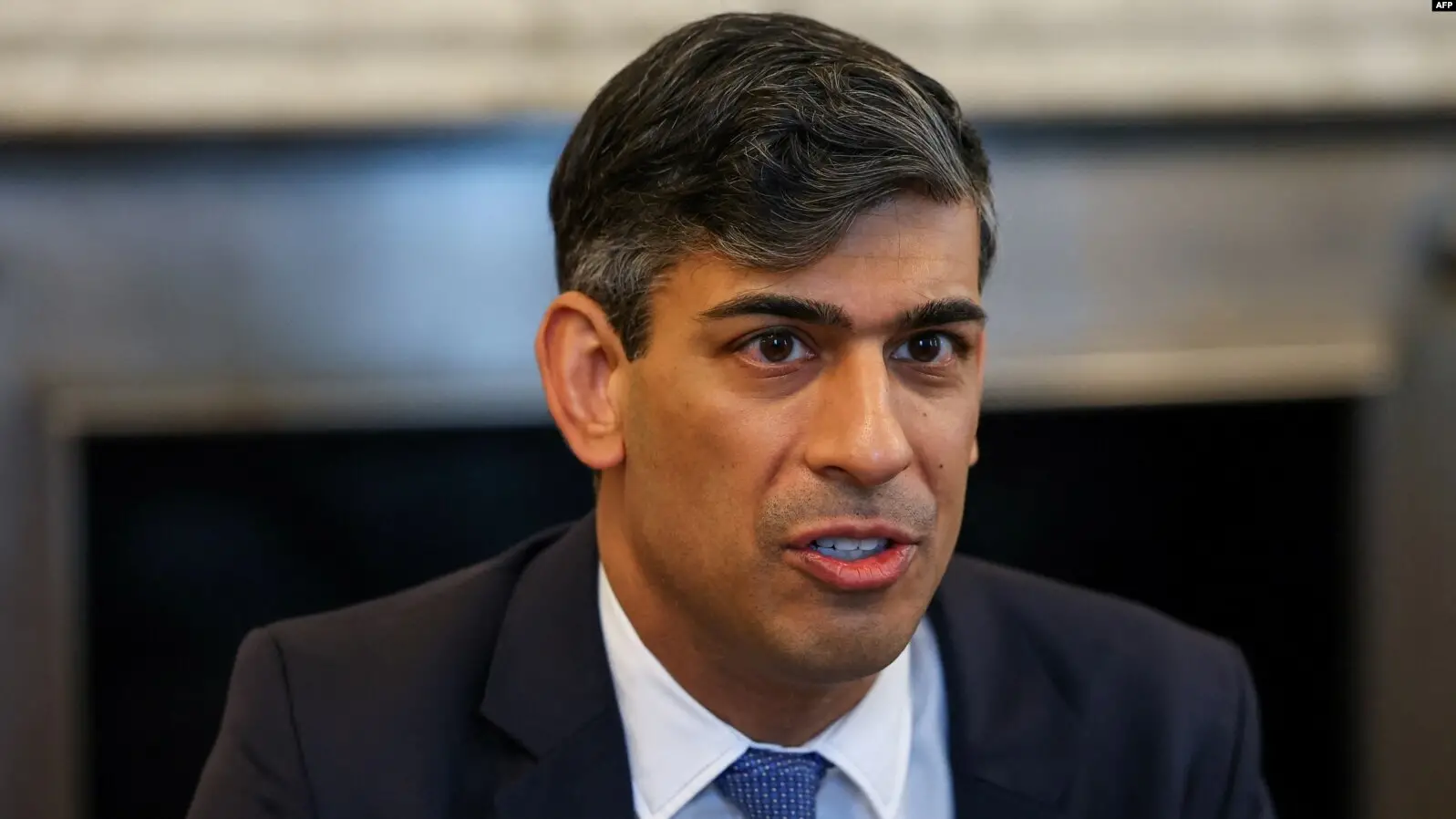
The Conservatives' "achievements"
Rishi Sunak must have had a rather unfortunate start to his leadership of the Conservative Party and, by extension, to running the British government at the time.
He became the third prime minister in the last two months from a political force that has suffered scandal after scandal. First, Boris Johnson, a prominent politician and supporter of Ukraine, found himself at the center of scandals over "covid" parties that took place in violation of government restrictions.
Then came the record-breakingly short premiership of Liz Truss, who is remembered for her negative impact on the British economy and is the subject of memoirs.
Sunak was faced with the task of restoring voter confidence in the Conservatives and convincing them that their long public service (uninterrupted since 2010) did not require radical changes.
In practice, this was the last chance for the Conservatives to avoid an electoral defeat by Labor.
To do this, the new prime minister announced an ambitious program that included restoring economic growth, reducing inflation, reforming the healthcare system, and a strategy to combat migration.
It was on these areas that Sunak focused his attention when announcing the election date.
The strict financial policy of Finance Minister Jeremy Gant — a candidate for the prime ministerial post in the past — did indeed help to contain inflation and bring it closer to the 2% target (initially, inflation under Sunak's leadership exceeded 11%).
In the first quarter of 2024, the British economy eventually grew by 0.6%, which, compared to other G7 countries, seems quite acceptable (however, it is worth noting that in 2023, the UK entered a technical recession).
The conservative prime minister also did not forget about the National Health Service (NHS), which provides free medical care to citizens. The Sunak government has indeed increased funding for the NHS, but this has not helped to solve all the problems. For example, people with chronic illnesses or even cancer still have to wait a long time for medical care.
In addition, workers who cannot get medical care are forced to miss work, which also has a negative impact on the economy.
And finally, the fight against illegal migration, which has become one of the key platforms of the Conservative political program even before Brexit.
The slogan "Stop the boats" has been repeatedly used by the British Conservatives and Sunak himself. However, the success of this strategy has so far proved to be rather unstable.
Although in 2023 the number of arrivals across the English Channel decreased significantly compared to the previous year (from less than 30 thousand to almost 46), this number is now growing rapidly again. As of May 21 alone, almost ten thousand migrants were trying to get to Britain on small boats.
Personally, Rishi Sunak supports the rather controversial scheme of taking migrants by airplane to Rwanda. There they will wait for a decision on their refugee status. Those who get to the UK through the English Channel cannot claim refugee status at all and are immediately deported.
Although the scheme has been approved despite criticism from the Council of Europe and Ireland, and the first migrants have already been detained for removal to Rwanda, the first flights will not take place until June.
It is also worth mentioning the complex geopolitical context in connection with russia's aggression in Ukraine, China's ambitions and instability in the Middle East. Sunak reminded that his government plans to increase defense spending to 2.5% of GDP by 2030.
In short, in more than a year and a half of governing the country, Sunak's achievements have been far from as great as one might hope, and the problems have accumulated.

Why the 4th of July?
Discussions of the upcoming election have been active for the past year, when the Conservative Party's electoral prospects were critical, and its members began to discuss even the most fantastical scenarios for restoring the rating — including the return of Boris Johnson as leader, as he still had significant popularity among party members even after leaving the House of Commons.
Another worrying sign was the local elections in early May, where the Conservatives lost their third largest number of seats in local government, losing not only to Labor but also to the Liberal Democratic Party. However, this defeat was not large enough to provoke a no-confidence vote against Sunak.
It seems Conservative Party MPs have also started to lose faith in their party. Over the past four years, more than twenty MPs have announced their desire to leave parliament, most of them from the Conservative Party.
It should also be noted that the article by former Defense Secretary Ben Wallace criticizing the work of British diplomacy was a cause for great concern.
The choice of the July 4 election date may be partly a deliberate move and partly a surprise. On the one hand, the Conservative government may hope that the British will appreciate the consequences of its actions: improving the economy and removing migrants from Rwanda. On the other hand, it could be an attempt to capitalize on the surprise, counting on the unpreparedness of its rivals and emphasizing the lack of a "plan" for Labor. The late date could also cause dissatisfaction among many Conservatives, which could play to the advantage of their opponents in the election campaign. Finally, it may affect voter participation, as the European Football Championship and Wimbledon tournament will be taking place at the same time, as well as school holidays in some regions of the country.
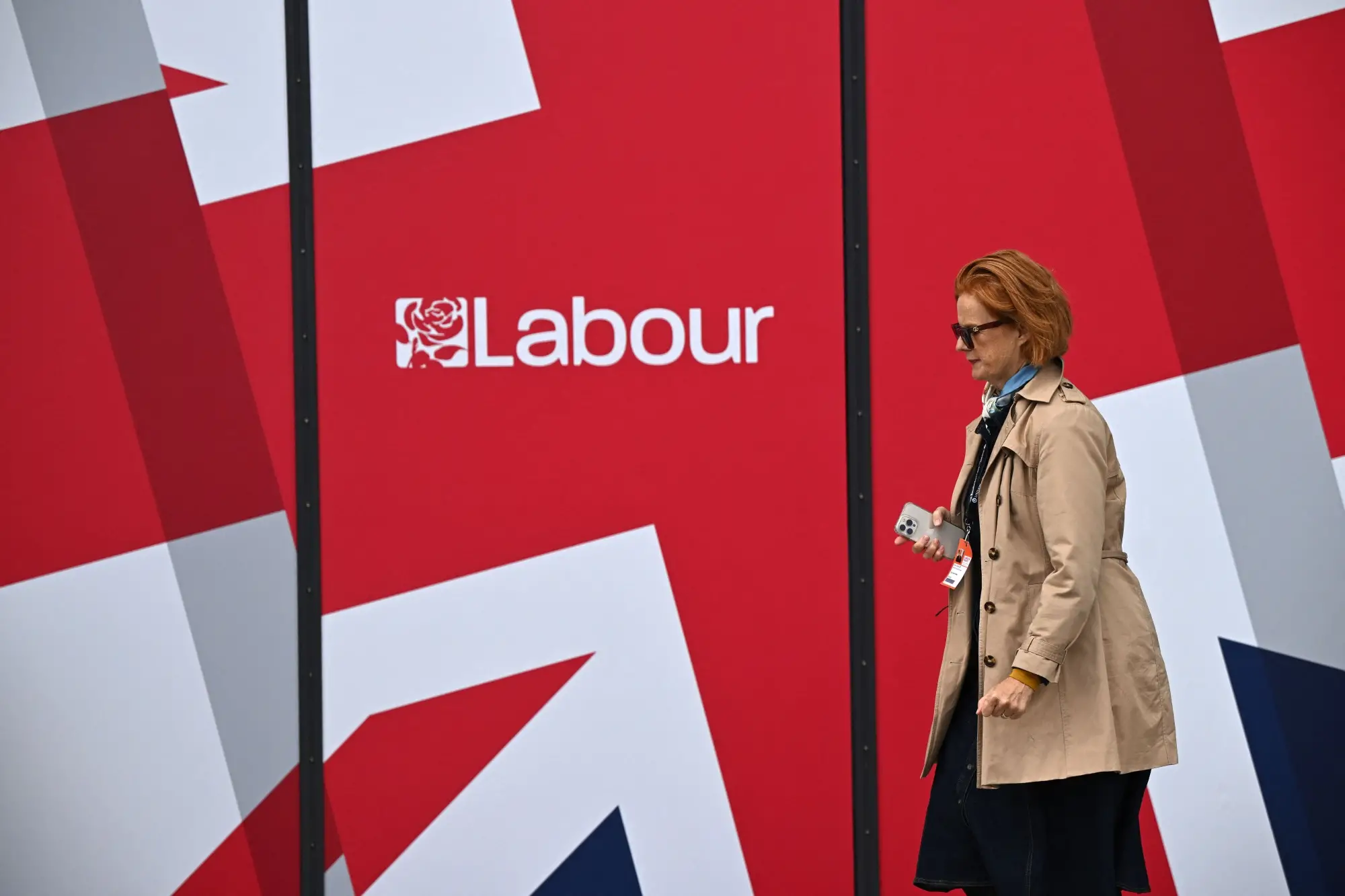
Will the opposition win outright?
The Labor Party has an appreciable lead in the polls of up to 20 or even 30 percentage points over the Conservative Party. Nevertheless, it is necessary to be cautious about their unconditional victory.
First, it is difficult to predict the distribution of mandates in the House of Commons because of the peculiarities of the British electoral system. Traditionally, this system has been more favorable for large parties, which have more resources, and less for regional forces, which may be less known nationally. This means that the results of social surveys may not accurately reflect the actual distribution of mandates.
Second, the constituencies have been slightly changed from 2019, which makes comparing the results of the two elections less accurate.
While some theoretical media calculations show that for a Labor majority, they need to get 12.7 percentage points more votes than in 2019, these calculations do not take into account other parties that may also change their representation in parliament.
It's also worth considering that the newly formed Reform UK party, an iteration of Nigel Farage's project, could be a surprise in the election. It could influence the distribution of votes, although Farage himself has decided not to run.
Thus, the election could be a test for Labor, which needs to maintain its support, but no one can guarantee its victory.



